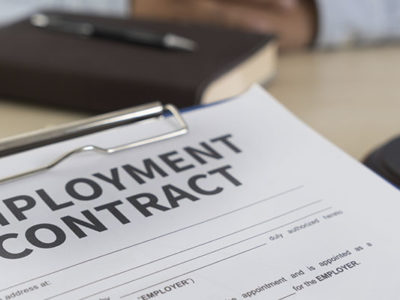What is Personal Data
Personal data is any information identified with a recognized or recognizable individual. Individuals are identified by their data, especially by reference to identification such as; identity number, data collected from online shopping using debit/credit cards, account data, number plate, individual address, and telephone lines. Personal data could also refer to any information associated with an individual in any way.
Since the definition states that “any information,” it can be assumed that personal data should be widely deciphered as possible, this is likewise recommended in the case-law of the European Court of Justice, which also regards less explicit data, for instance; information showing details of an employee’s working hours including breaks and other hours that do not cover working hours during the day. Written answers from a student during a test and remarks given by the examiner are perceived as personal data provided that the student can be theoretically identified. The same principle applies to IP addresses concerning personal data. Suppose the one who controls a website or mobile application data base has the legal jurisdiction to constrain users to information that allows him to access information about the user of an IP address. In that case, this is also considered personal data. It is important to note that personal data is not always objective as it could be subjective. Opinions, judgments, and estimates could be considered subjective information. For instance, an employer’s evaluation of a person and work performance is a subjective perspective of personal data.

Based on the General Data Protection Regulation, the law emphasizes that personal data must allude to a natural person. In essence, data protection does not apply to information regarding legal entities such as institutions and corporations. However, for natural persons, protection begins and is treated with legal backing. Hence, data should be assignable to identifiable living people to be considered personal.
What is Privacy Policy
This is a statement or legal document that states and highlights the manner and processes in which a party collates, utilizes, discloses, and manages a customer or client’s information. Privacy policy usually entails information that states a party’s policy on how it collects, saves, and utilizes personal data collected from individuals. The document informs the client which information is collected, whether it is kept confidential and shared with a third party.
Specific contents of a particular privacy policy will depend on the relevant law applicable to the privacy policy and may need to address necessities across geographical boundaries and legitimate jurisdictions. Most countries, states, and counties/local governments have their regulations and legislations dictating who is covered, the kind of data that can be collected, and what it can and can not be used for.

